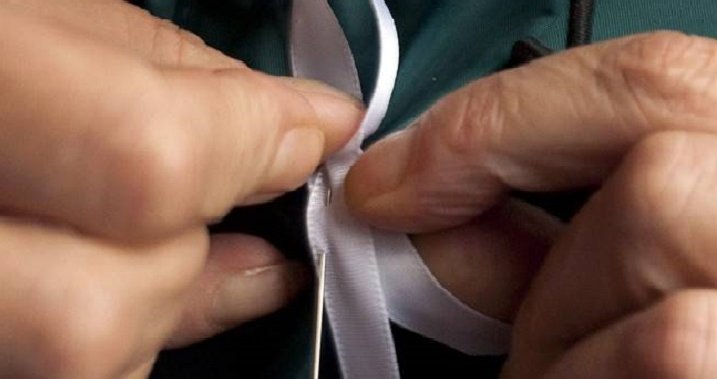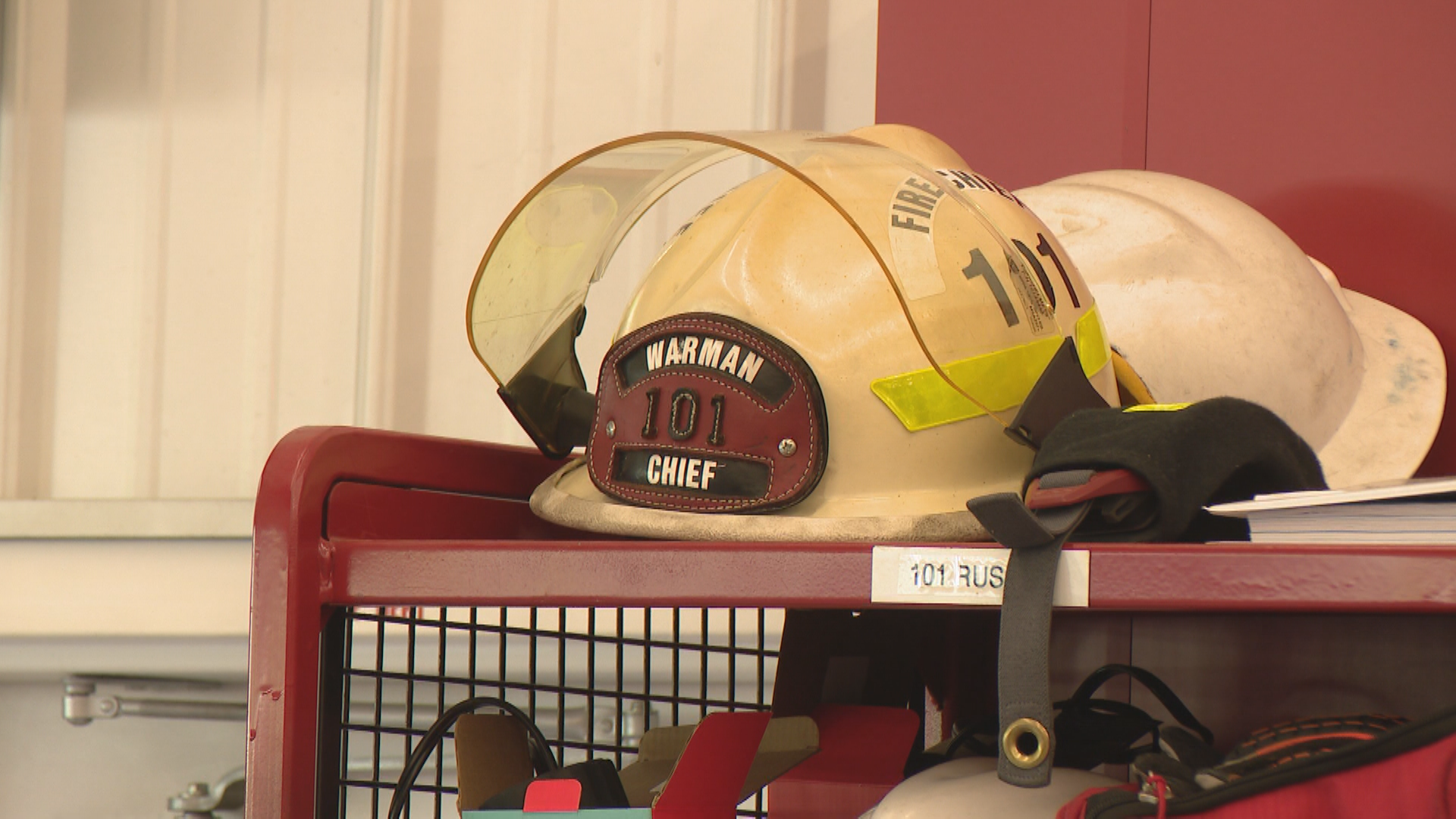This content appears to be a summary and humanization of news aboutEstablished demand in New Brunswick to declare intimate partner violence an epidemic, similar to neighboring Nova Scotia, has surfaced. According to statistics from Statistics Canada, 3,043 individuals reported intimate partner violence in New Brunswick during 2023, with more than two-thirds of those victims being women. The province has also claimed the highest per capita rate of police-reported incidents in Atlantic Canada that year. This follows a growing collective effort to address the issue, particularly since Nova Scotia has historically declared a public health emergency for related violence concerns.
In an ocean of calls for legislation, New Brunswick’s policymakers have became vocal, urging interpersonal violence to bear greater responsibility and cause. One prominent group is the Month’s’ Task Force, led by Sarah Sherman from Survivors United Against Violence. Sherman emphasized the need for monetary and logistical support to prevent the escalating-gradient of violence in vulnerable communities. She also lauded efforts taken by politicians, such as Premier Susan Holt, in addressing the crisis. The group has drafted a letter to the province’s topsenor for increased accountability. Others, like White Ribbon Frederton, have also expressed concerns, calling for the adoption of Clare’s Law, which could provide individuals with legal avenues to dispute their DEBUG history. The group’s aim is to hold perpetrators accountable and hold those who store his or her harm to others accountable.
"})
The debate over declaring intimate partner violence an epidemic continues to unfold across the province, with several provinces commemorating efforts to address this pressing issue. New Brunswick leads by way of its own legislation. The province, under Prime Minister Susan Holt’s guidance, has introduced specific measures to address this critical problem. Alone, this is a stark reminder of the systemic barriers that still exist to fighting this issue. School rules, fear of sanctions, and a lack of support systems are all contributing to its persistence. This demand not only affects New Brunswick’s communities but also serves as a warning to other regions in Atlantic Canada. articulating the urgency of this moment is both a call to action and a wake-up call to address immediate and unmanaged issues. The pressure to take this crime Analogy: Remove Pain and Moving to the imagination of bombs andaryana brings a sense of urgency. As New Brunswicksentence begins to process the request, it is clear that even if the process is slow, the swiftΠ**/i
The Canadian government is considering actions to bring the conversation about intimate partner violence to a more public-level, as highlighted in a video-Series entitled, “Walk Your Dog with the Hands of reconciliation (and violence!).” The video series is set to launch on ABC Canada, celebrating reconciliation Week, and aims to reach millions of viewers to bring attention to this shared human experience. In the same vein, we see New Brunswick starting the process, albeit informally, by escalating its calls for clarification. This is a step in a larger movement, noticing that though Nova Scotia has historically declared an epidemic, New Brunswick remains silent. However, the ABC series also brings to light the work being done by the tents andHFPR in the province, offering a broader perspective on this critical issue.










